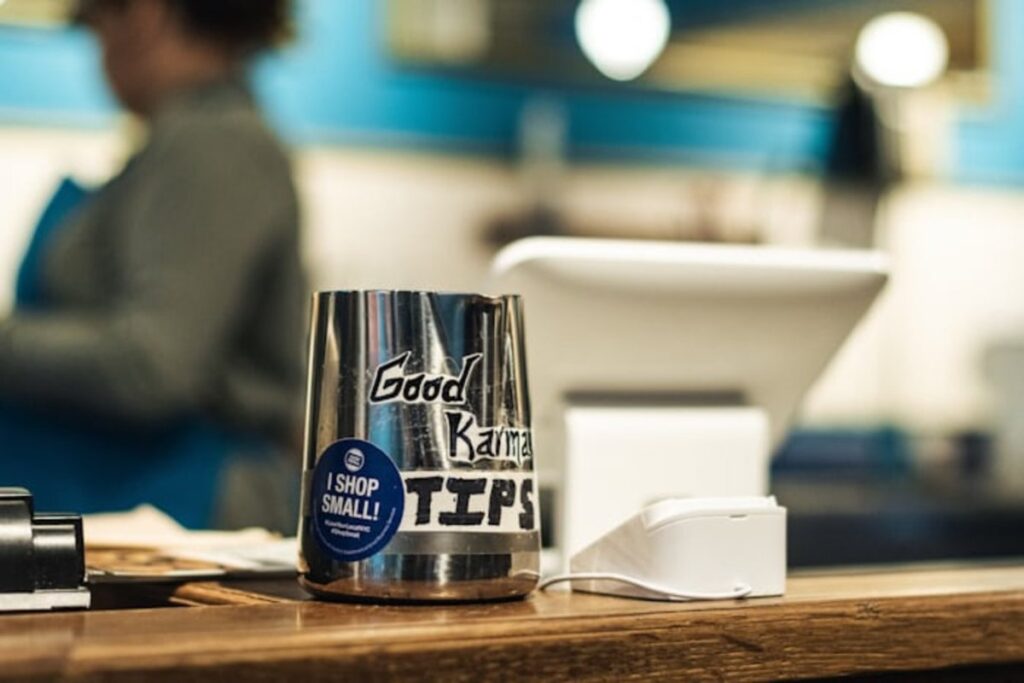Since its recent adoption, self-checkout technology has been largely controversial. Retailers that use it have complained of theft cases through self-checkout booths.
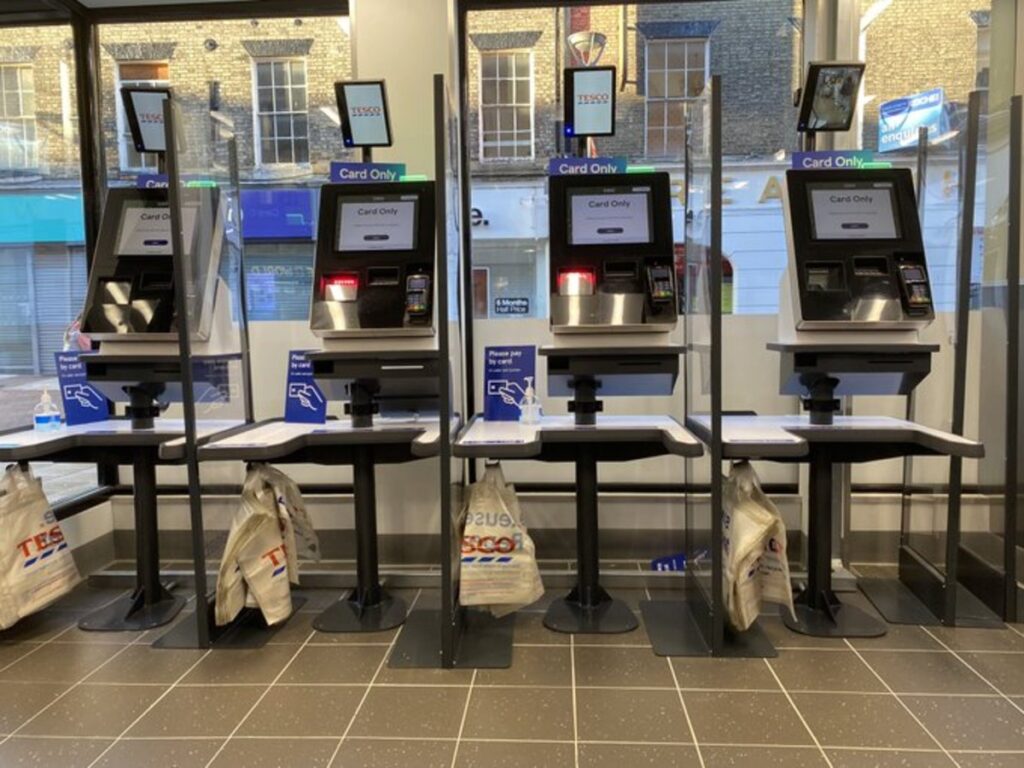
Likewise, customers are berating the fact that they have to tip a machine irrespective of their purchase size. Most customers are curious about who gets the tips that these checkout machines request.
To the Scrap Yard With Checkout Machines!
California is seriously considering legislation to remove self-checkout machines from service. The chief reason for the proposed legislation is widespread theft perpetrated through the self-checkout channel.
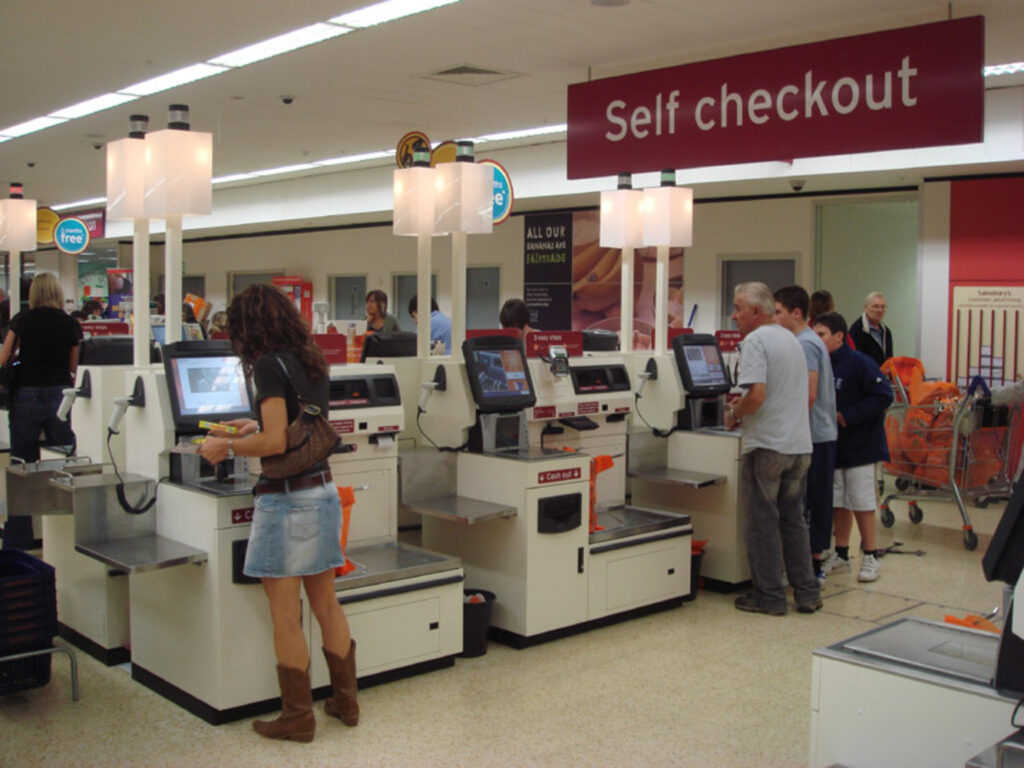
National inflation is reaching an all-time high, and prices of goods are equally getting high, which is motivating serial thefts across many retail chains that offer self-checkout services.
Walmart Charges an Annual Self Checkout Fee
One of the most fingered chain retail stores about inordinate charges on their self-checkout machines is Walmart. The straw that broke the back of Walmart’s customers is the $98 annual charge for using their self-checkout service.
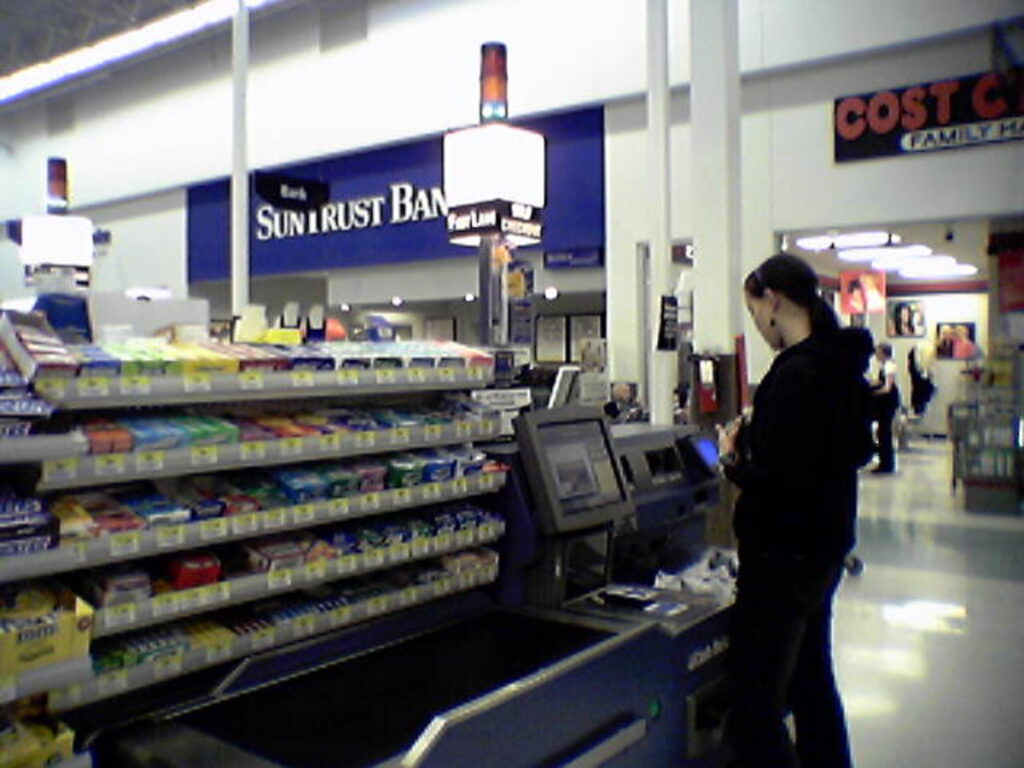
If customers want to benefit from breezing out of a Walmart outlet, they have to cough up the annual charge. Otherwise, they’ll have to join the long cashier queues.
Target Also Places a Cap on the Volume of Self-Checkout Purchases
Walmart is not alone in limiting self-checkout service users. Target has just tweaked its machines, preventing shoppers from scanning more than 10 items.
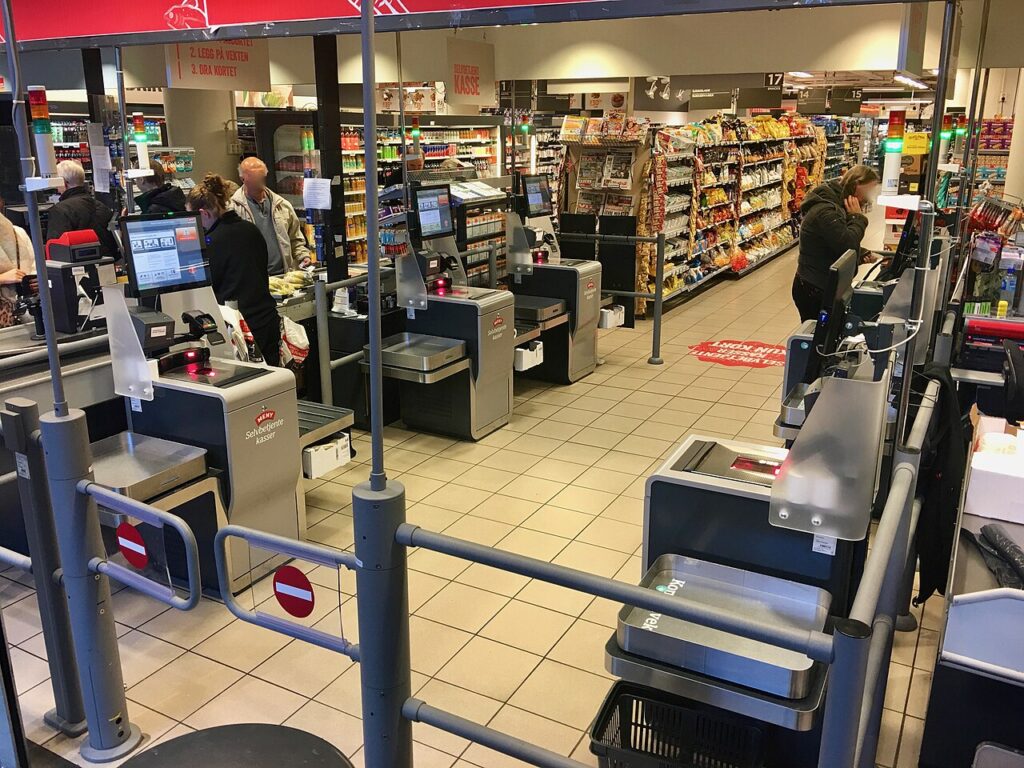
This makes cashier lines even longer. Unfortunately, all the cashier booths seldom operate simultaneously, making lines heavily congested.
ALSO READ: How Tax Credit Payment Played Out and Its Potential Modalities in the Future
Tip Please, Irrespective of Purchase Size and Quantity
One of the raging issues with self-checkout systems is a recent trend that users have noticed. They found that the machine still requires you to tip when buying a single item.
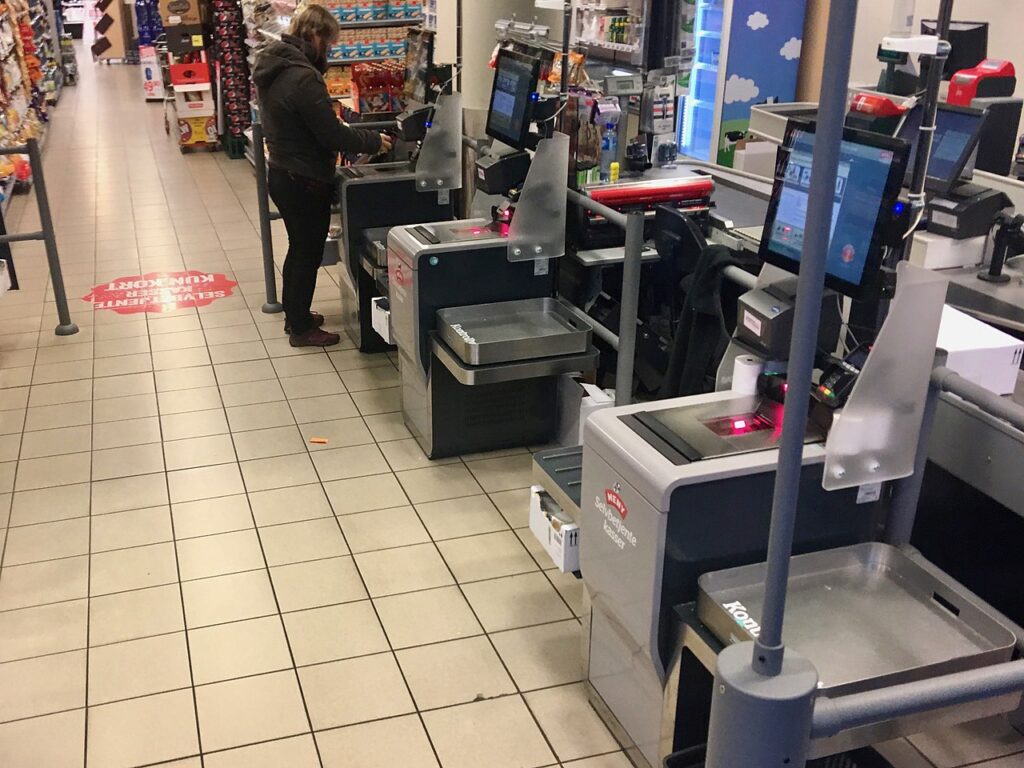
Customers are in a dilemma about why they should be required to tip for even small and relatively insignificant purchases. Some customers even affirm that they do the bulk of the work during the self-checkout and should be the ones to receive a tip.
Who’s Getting the Tips Being Remitted By a Machine
So far, customers have been left helpless about the tips’ intent and final destination. As a coping strategy, some customers joke about the purpose of the tips usually requested by self-checkout equipment.
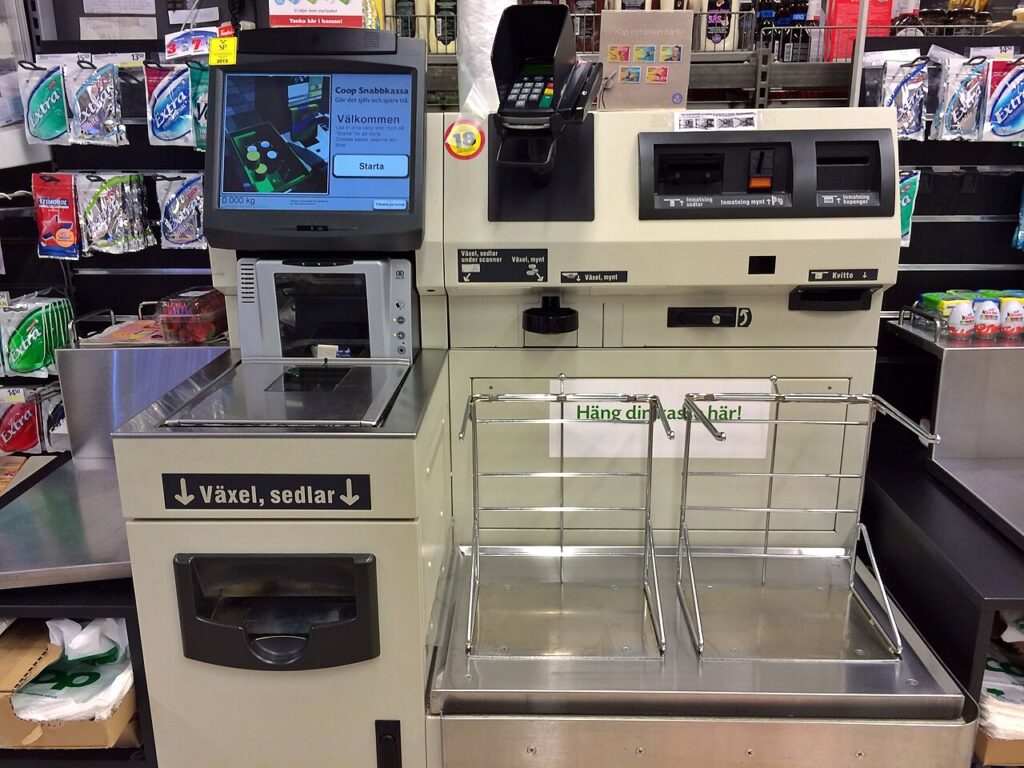
Some of the jokes suggest that the tips are probably for installing the machine or telling the customer that they did an excellent job scanning their items.
The Truth About Self-Checkout Tipping
Tipping on a self-checkout machine was not mandatory. Instead, the machine provides four options: an option not to pay and three other standard options with fixed amounts.
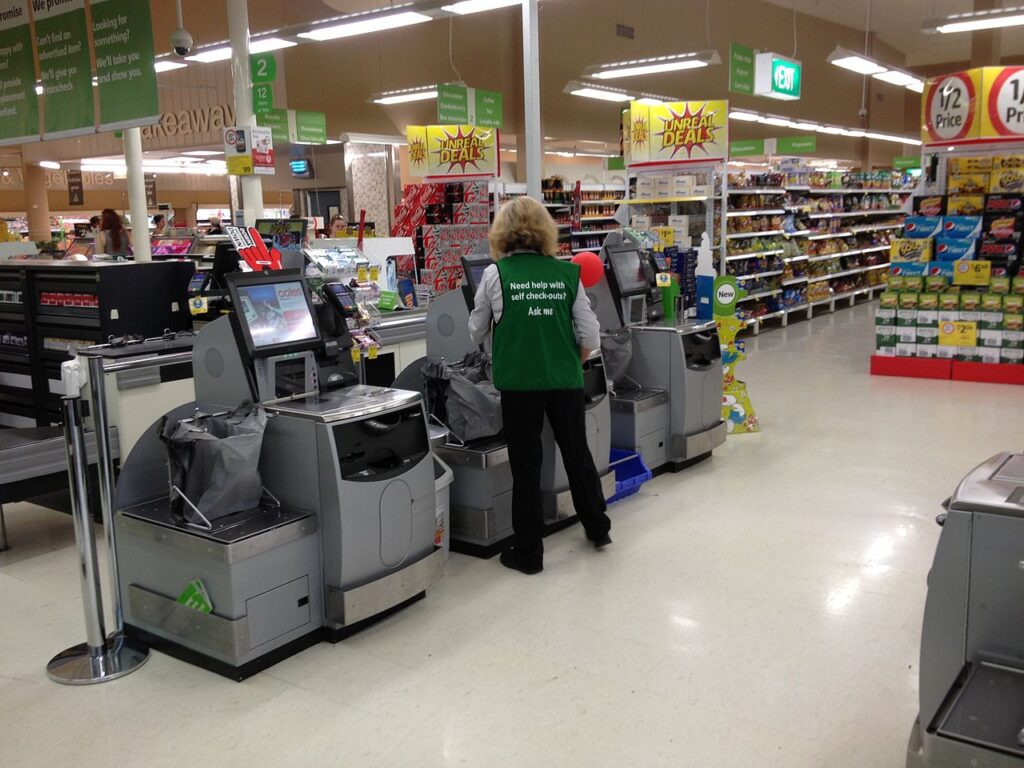
If a customer does choose to tip, they cannot tip a standard amount. Also, the tips are charged as percentages of the total purchase cost, for example, 15%, 18%, and 20%.
Self-Checkout Tips Go To Employees
The gist is that the tips given during self-checkout are shared equally among the retail outlet’s employees.
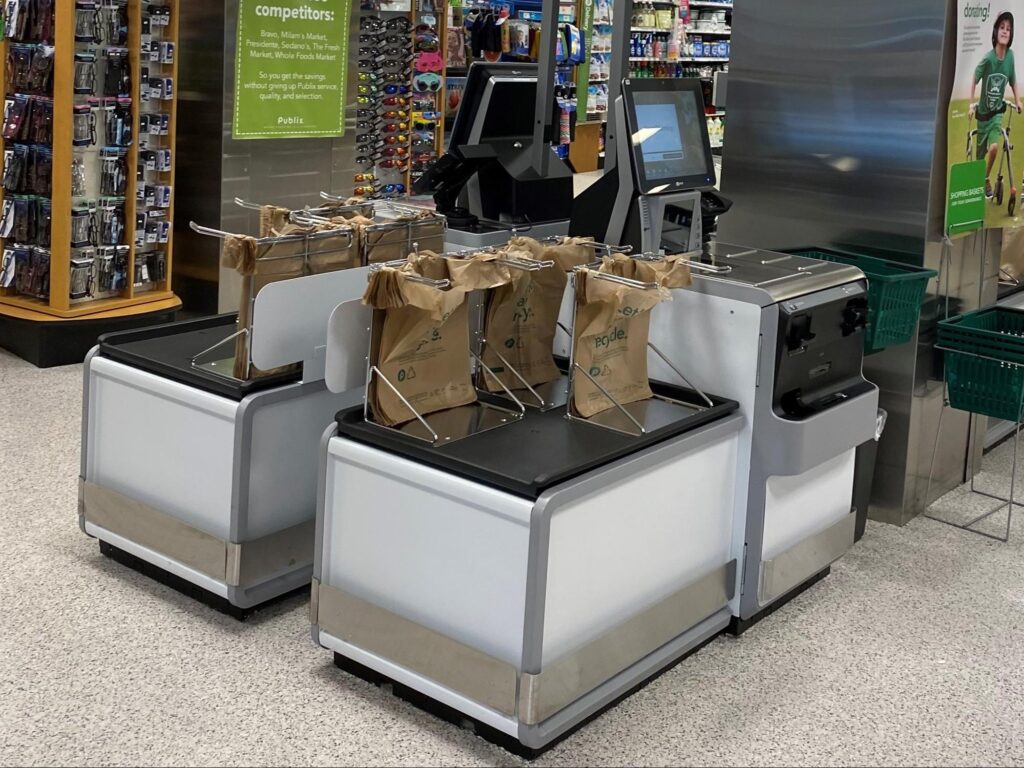
When customers use self-checkout machines at public places like airport stores and stadiums, they are encouraged to tip, as employees will share the total sum.
The Plausibility of Tips Is Still a Raging Topic
Currently, organizations and service entities in the US don’t compulse tipping. Organizations in the hospitality and service industry encourage tips.
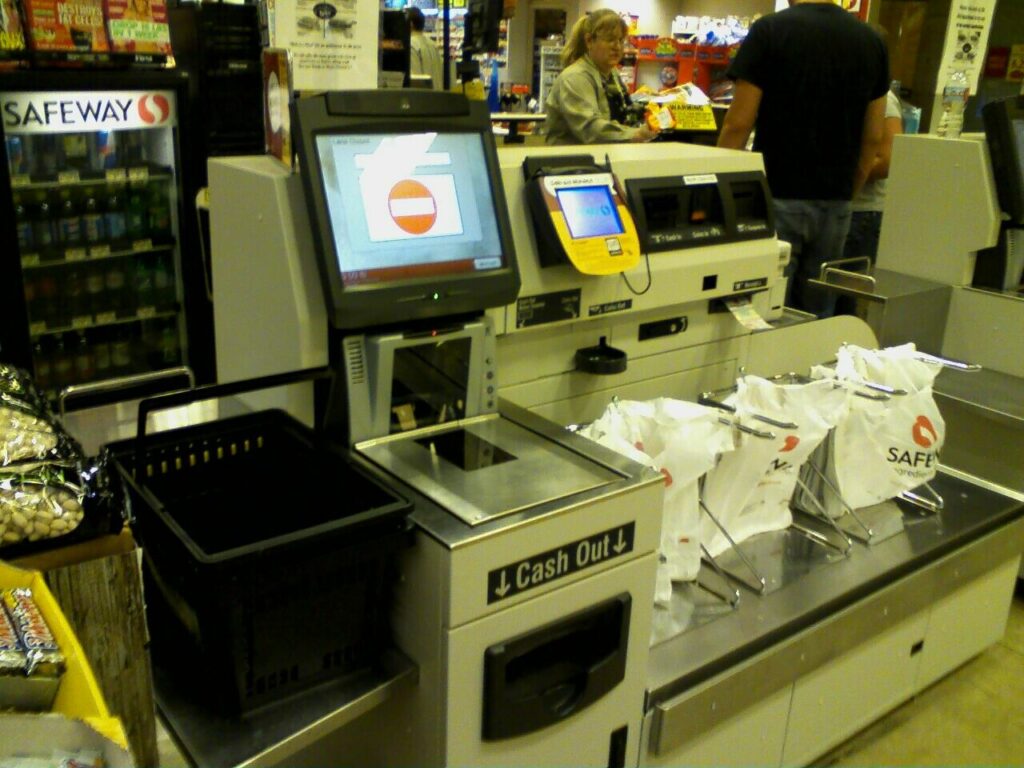
The service and hospitality industry is a peculiar case because their workers are paid hourly rates, and the employer must show evidence that the worker can make up their minimum wage shortfall in tips.
ALSO READ: New Bill To Give $1,400 Cash to Homeless Youth
The Arguments are Still Not Convincing
After all, most customers still have a bone to pick with the idea of tipping during self-checkout. For one, these customers don’t think any service has been rendered. Many opine that they do all the work during self-checkout.
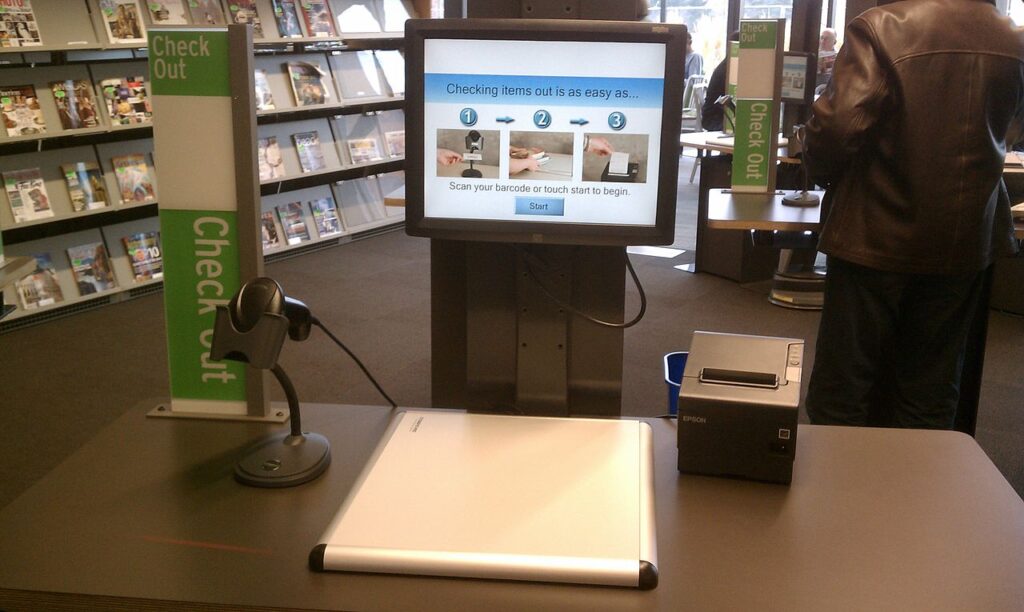
So, with no service being rendered, it may be out of place to request tips.
Being Charged Multiple Taxes
Another argument is that tipping at self-checkout is a form of value-added tax. So, customers pay for the actual cost of the item and an undeclared amount of tax.
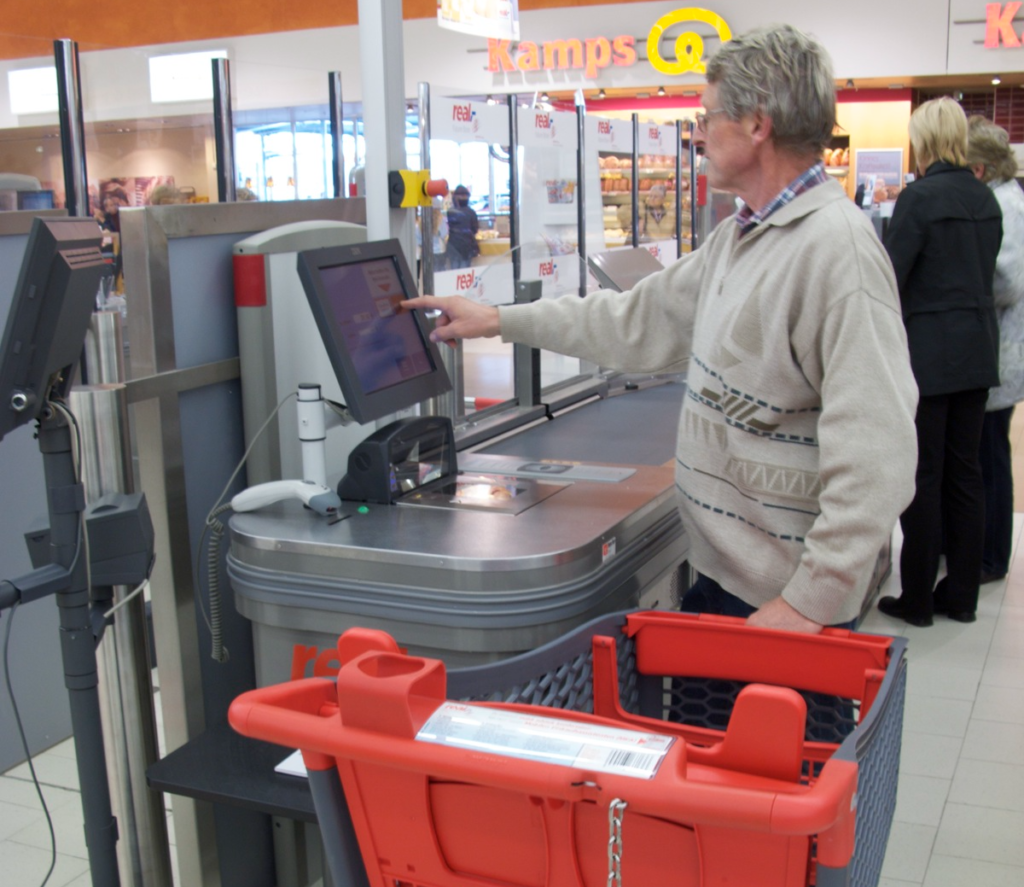
So, when the checkout machine asks for a 15-20% tip, the retailer asks for an additional tax on top of the normal tax included in the item’s label price.
Tip Humans, Don’t Tip AI
Another point of contention is the downsizing of staff since checkout machines have become commonplace in retail outlets around the country.
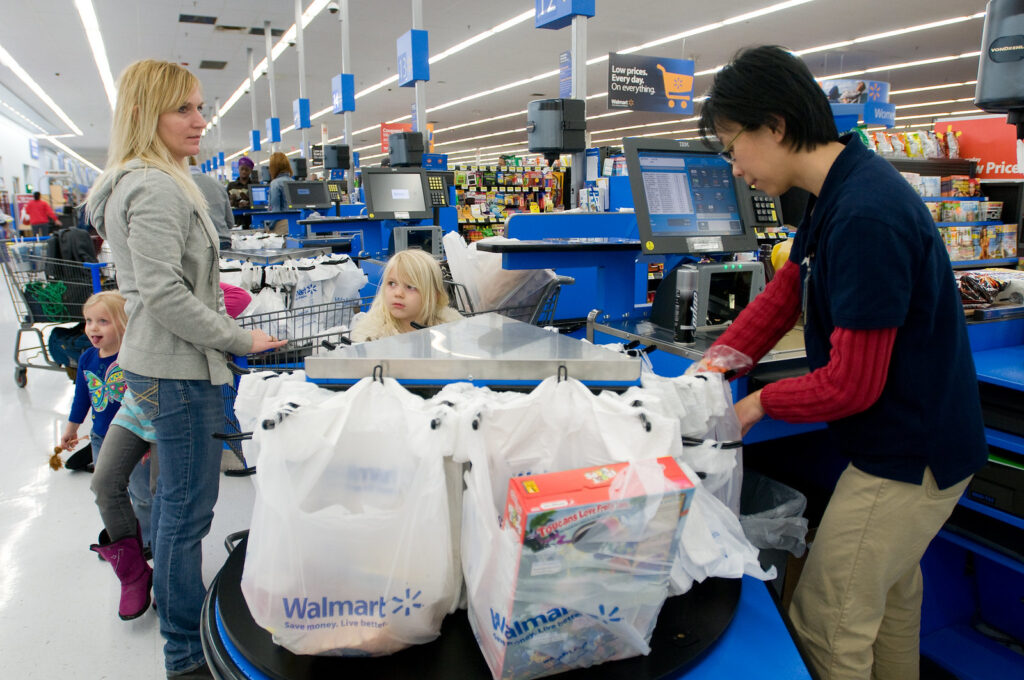
So, if this technology has caused significant job losses, customers affirm that they would tip the humans manning the cashier checkout booths instead.
You Might Also Like:
Cancel Your Car Insurance in 3 Easy Steps
How To Reduce Your Mortgage Timeline by Paying Biweekly
Salesforce Shareholders Reject Pay Plan for CEO Marc Benioff and Other Top Executives.
Kevin O’Leary Explains How He Handles Family Members Who Ask for Bailouts
How Hurricane Beryl and Middle East Unrest Are Driving Up Oil Prices

